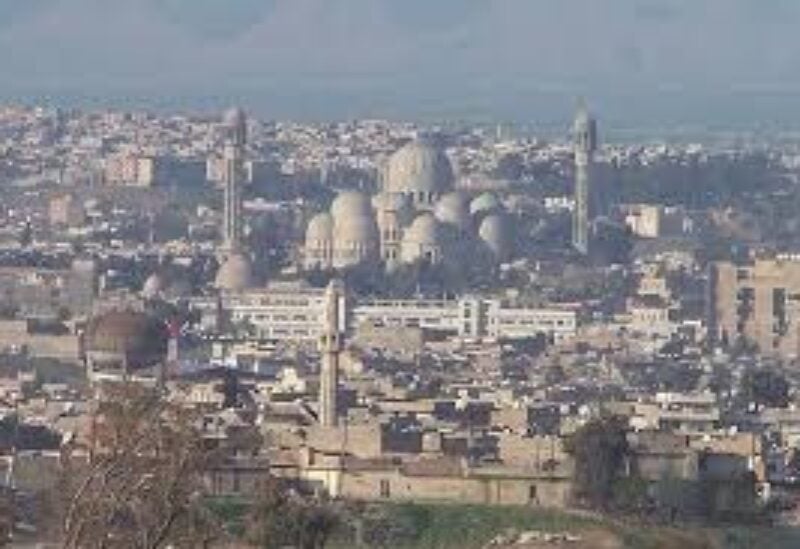
Mosul, Iraq
After being closed for the past seven years, since Daesh seized control of the city, Turkey has reopened its consulate in Mosul, in northern Iraq.
At that time, Daesh held 49 consulate staff — including then-Consul General Ozturk Yilmaz — hostage for over three months.
Ankara has announced several times in recent years that it intended to reopen its consulate in Mosul, a city that was once part of the Ottoman Empire.
Turkey recently appointed a new ambassador to Iraq as part of its efforts to boost its relations with its neighbor, and Turkish Interior Minister Suleyman Soylu recently announced plans to set up a military base in Iraq’s northern Dohuk region, in addition to a number of military outposts that Turkey has held in the Kurdistan Region since the mid-Nineties.
The aim of the new base is to restrict the movement of the outlawed Kurdistan Workers’ Party (PKK). Dohuk lies on a strategic route to the Qandil Mountains, where the militants’ hideouts are based.
On April 14, a missile hit a Turkish military base in Bashiqa, near Mosul, killing a Turkish soldier. On the same day, Erbil International Airport, which hosts US coalition forces, was hit by an explosives-laden drone.
In late April, the Turkish army launched a new offensive against PKK bases in northern Iraq, and Turkish Defense Minister Hulusi Akar visited a military base in the Kurdistan Region.
However, that operation and Akar’s visit — which took place “without coordination or prior approval from authorities” — sparked anger from Baghdad. The Iraqi government sent a formal letter of protest to Turkey’s ambassador on May 3.
Nicholas A. Heras, senior analyst at the Newlines Institute in Washington, said Turkish military operations in areas south of the Kurdistan Region are problematic because Baghdad is strongly opposed to a larger and more active Turkish military footprint in Iraq.
“Baghdad might be open to intelligence cooperation with Ankara for counter-Daesh operations in areas around Mosul, but that cooperation would likely need to be on terms dictated by Baghdad,” Heras told Arab News.
To what extent Turkey’s expanded military presence in northern Iraq will enable it to launch its long-rumored operation against the PKK in Sinjar is still a matter of concern, considering the geopolitical dynamics of the region.
For Heras, any Turkish move against Sinjar would be a non-starter for Baghdad because there is a large People’s Mobilization Forces (PMF) presence in that area.
“Many PMF groups are powerful in Baghdad and are resolutely opposed to any moves by Turkey to expand its military reach in Iraq,” he said.
The PMF, an Iranian-backed Iraqi militia umbrella group which employs local PKK militias in its cadres, is active in northern Iraq and has claimed responsibility for numerous attacks in recent times.
Ankara has repeatedly announced that it will not allow Sinjar to become a second Qandil — a stronghold for the PKK.
Turkey’s February 10 military operation against the PKK on Gare Mountain in Iraqi Kurdistan raised concerns that it was planning an operation in Sinjar, threatening the existence of Iran-backed groups in the area.
It is no secret that Iran strongly opposes Turkey’s military presence in Iraq and sees Turkey’s potential operation in Sinjar as opposing its own geopolitical interests.
Iran-backed militias are concerned by the growing rapprochement between Ankara and the Kurdistan Regional Government (KRG) that controls the Sinjar area. Both parties have urged the PKK and Iran-backed militias to leave the region.
“The Iranians view Turkey, especially (Turkish President Reycep Tayyip) Erdogan, as a rival for influence in the Levant. There’s expanding Turkish influence in Iraq, Lebanon, and Syria that the Iranians want to limit,” Heras said. “Whenever and wherever possible, the Iranians will try to position local forces, such as those in Sinjar, to box Ankara out of more influence in the Levant.”